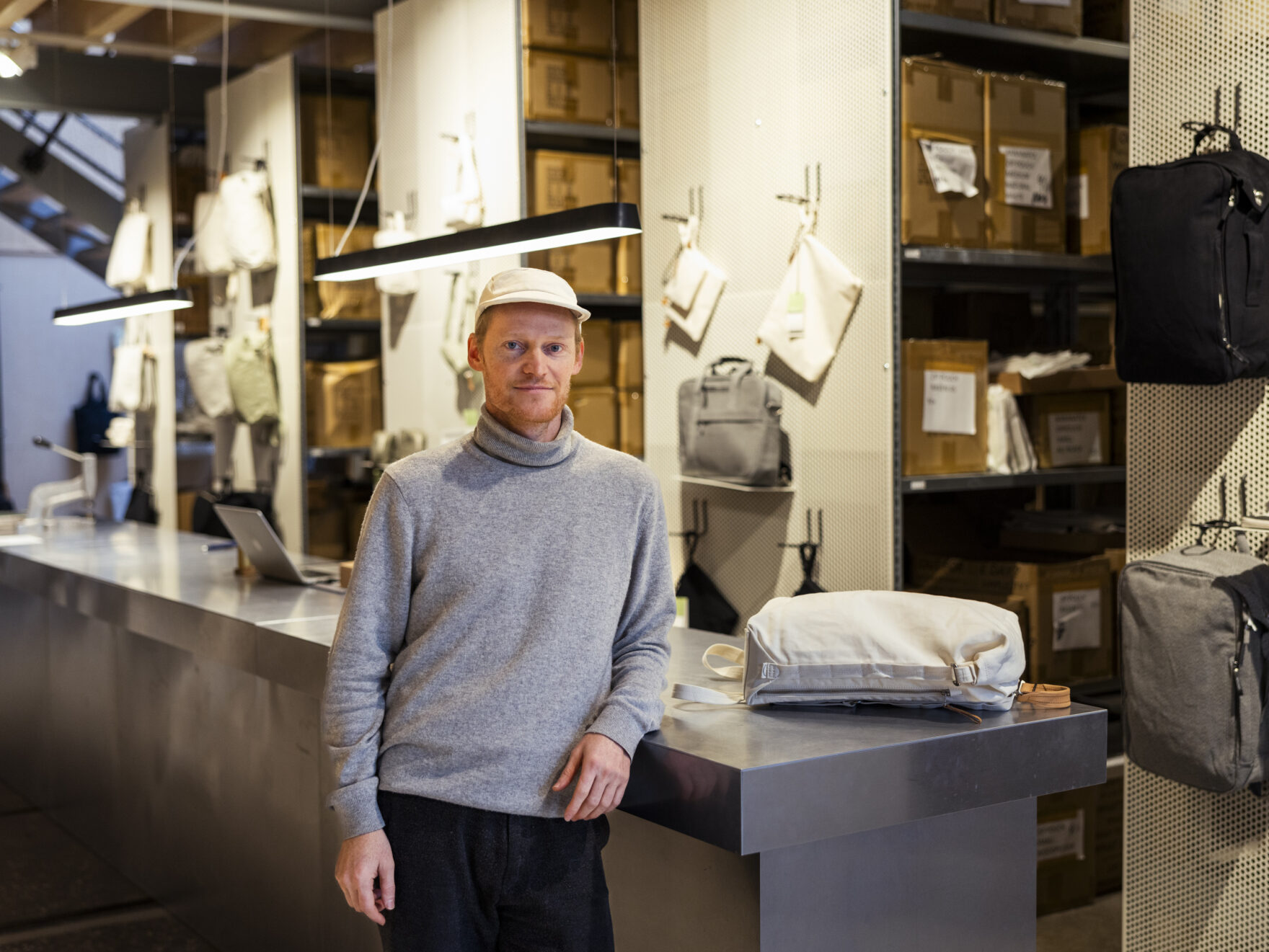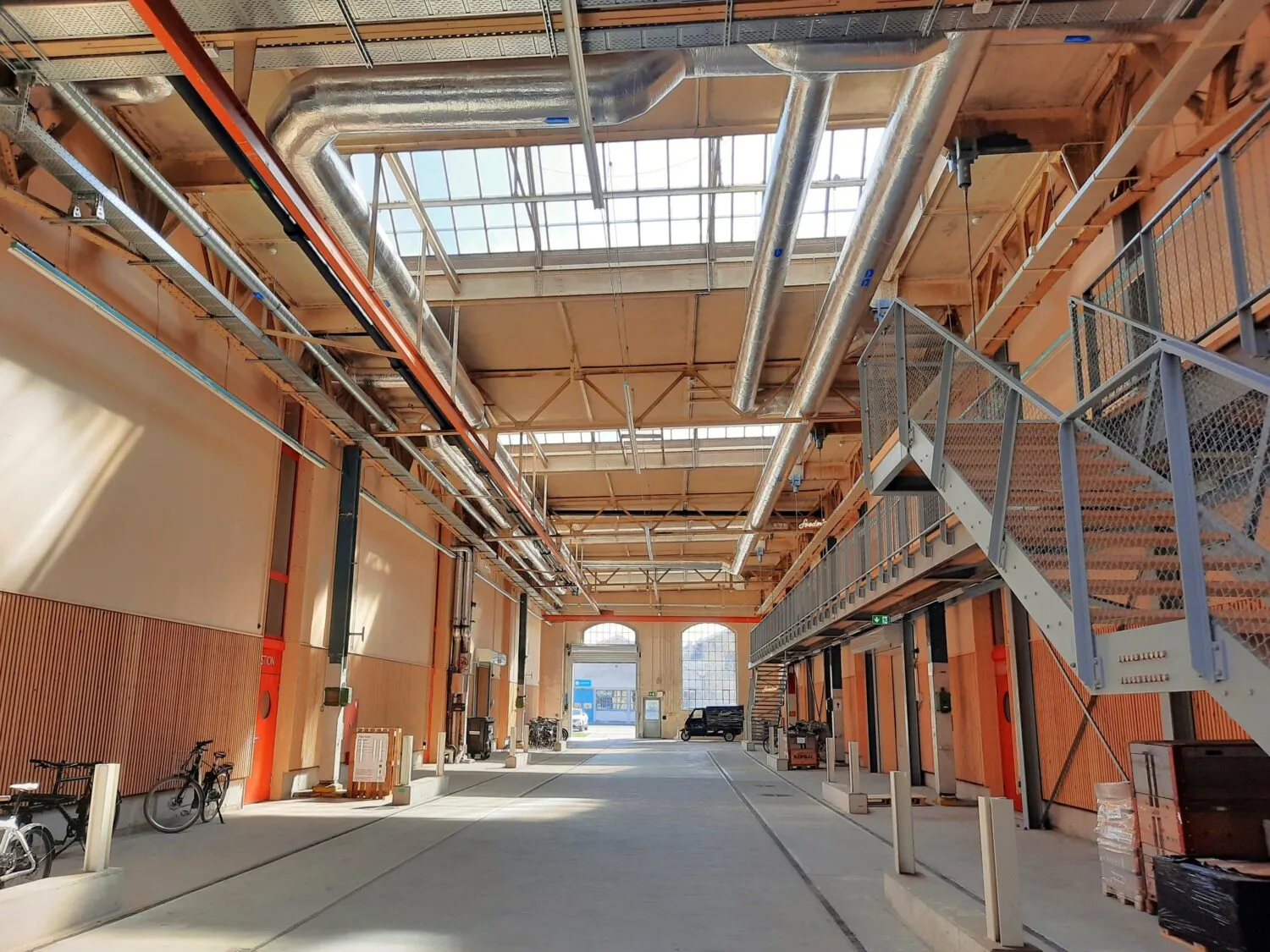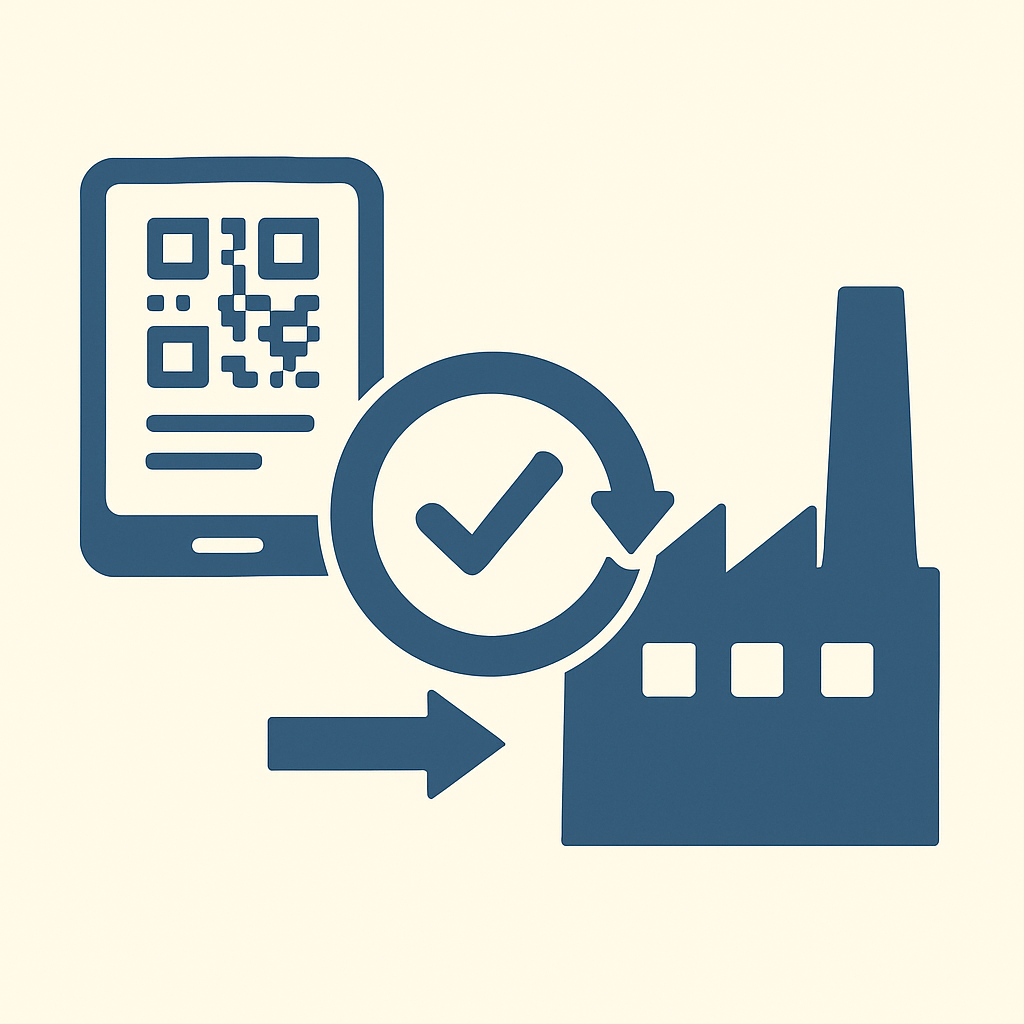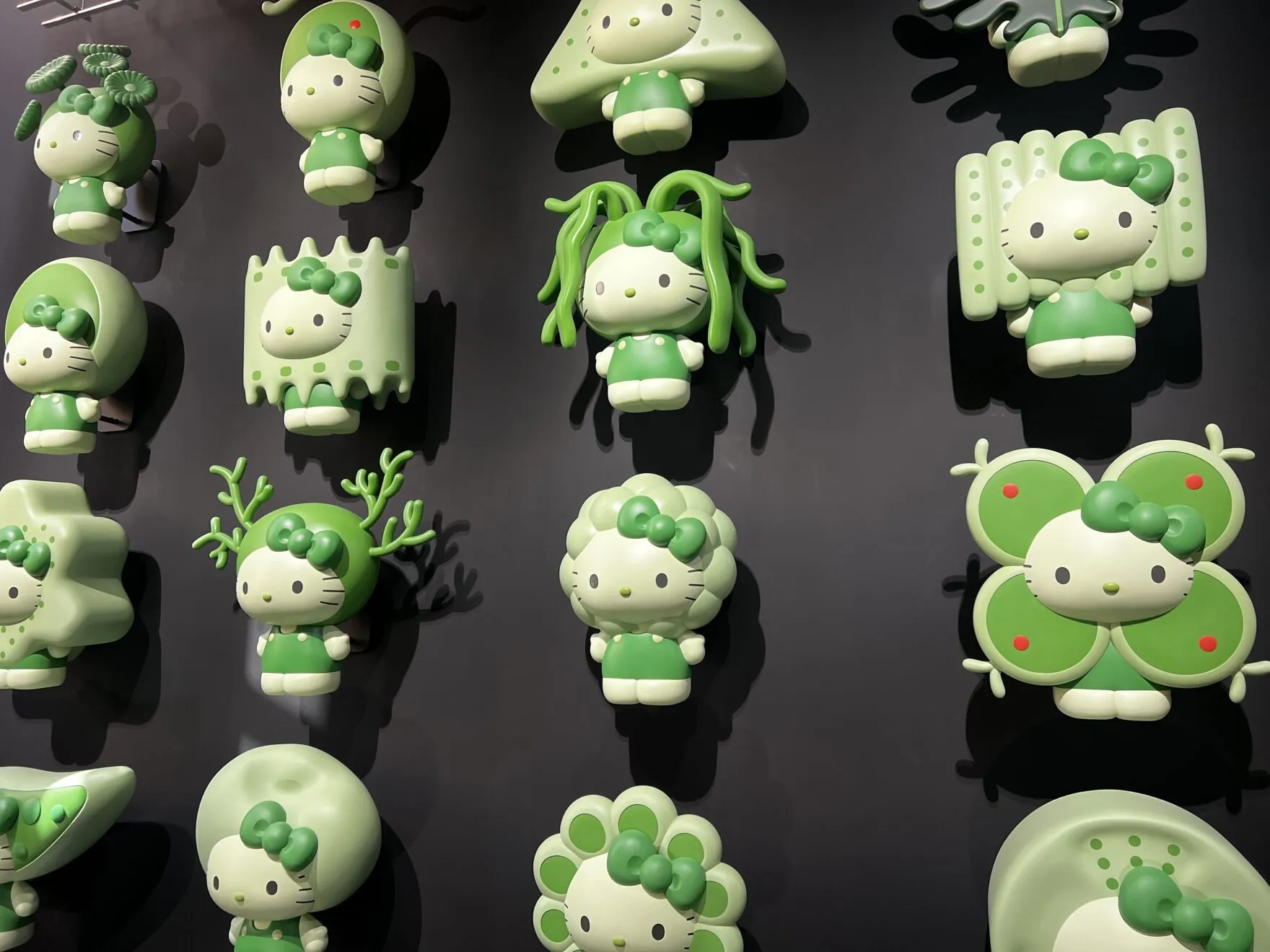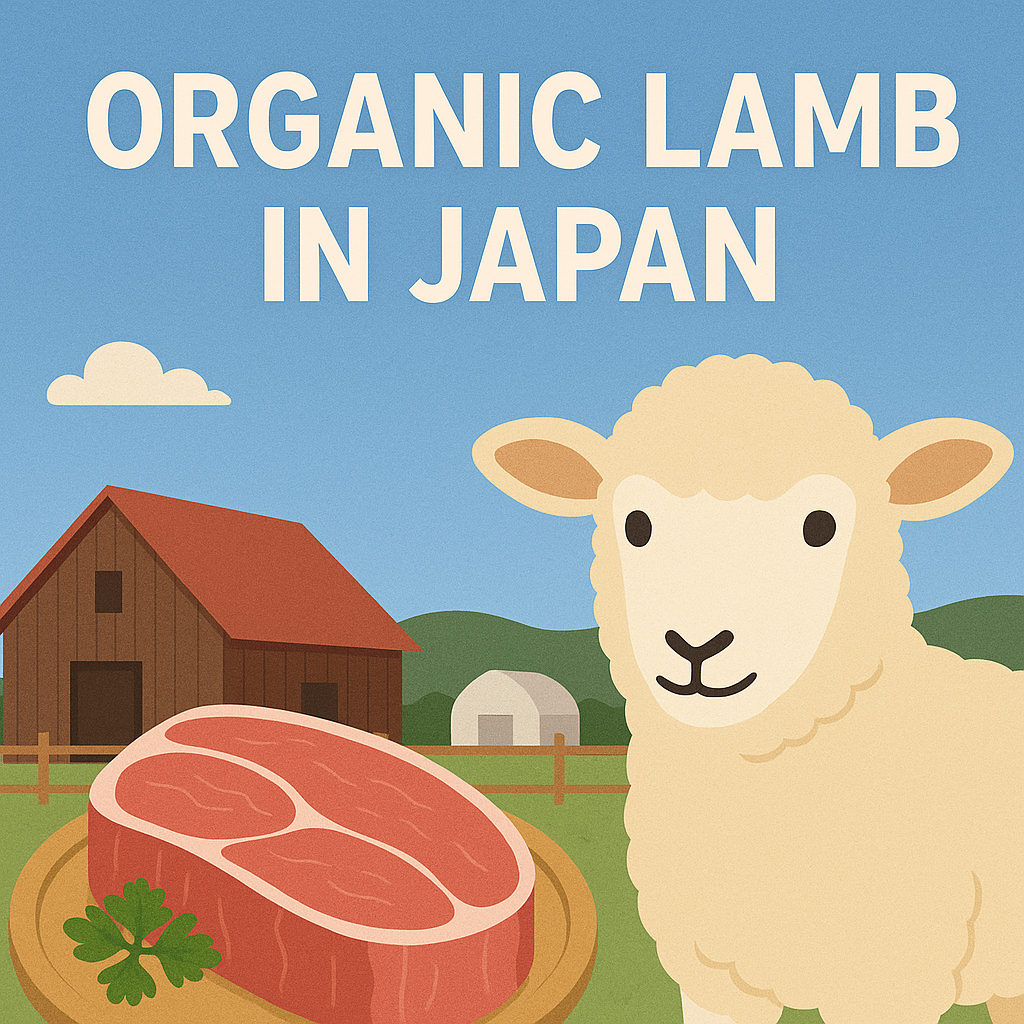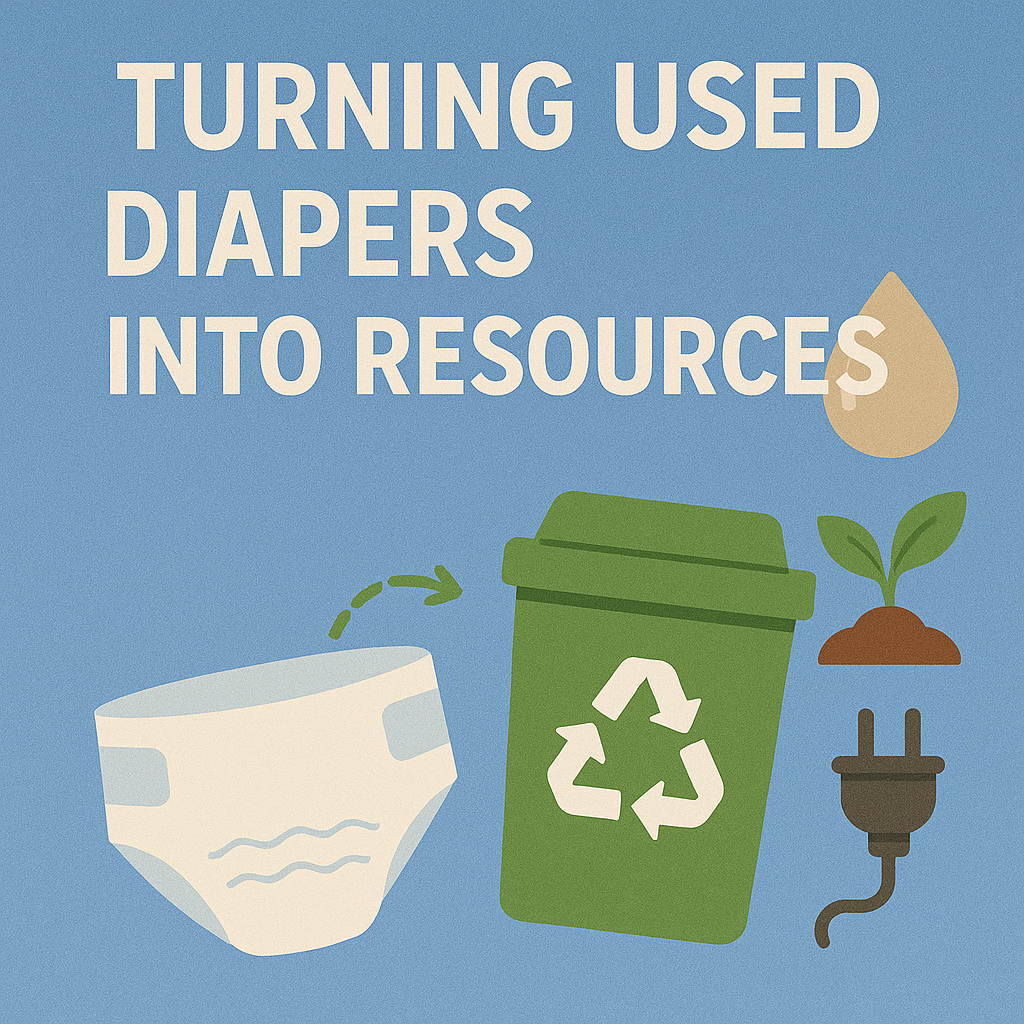A Historic Site Reborn as “Werkstadt Zürich”
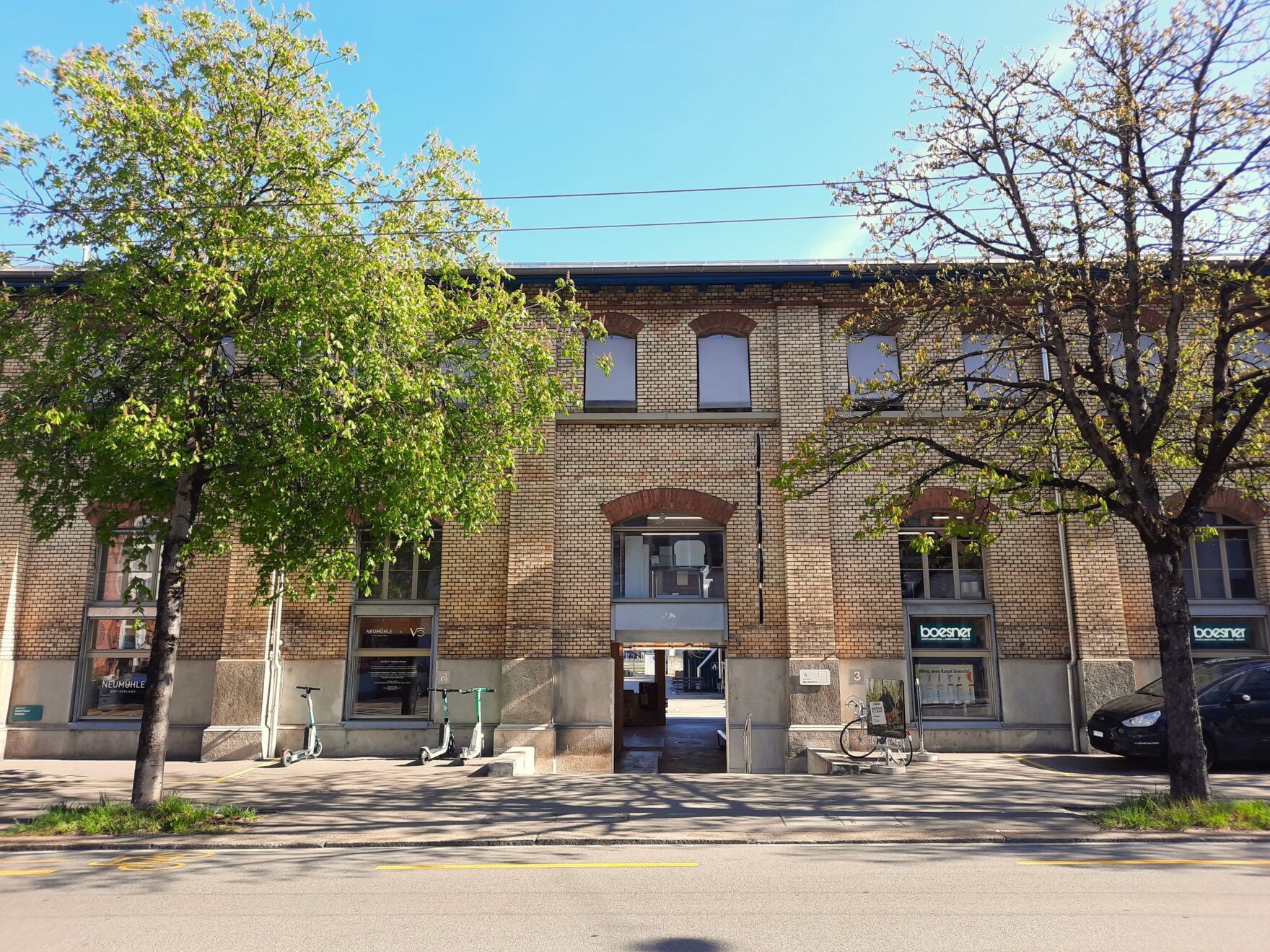
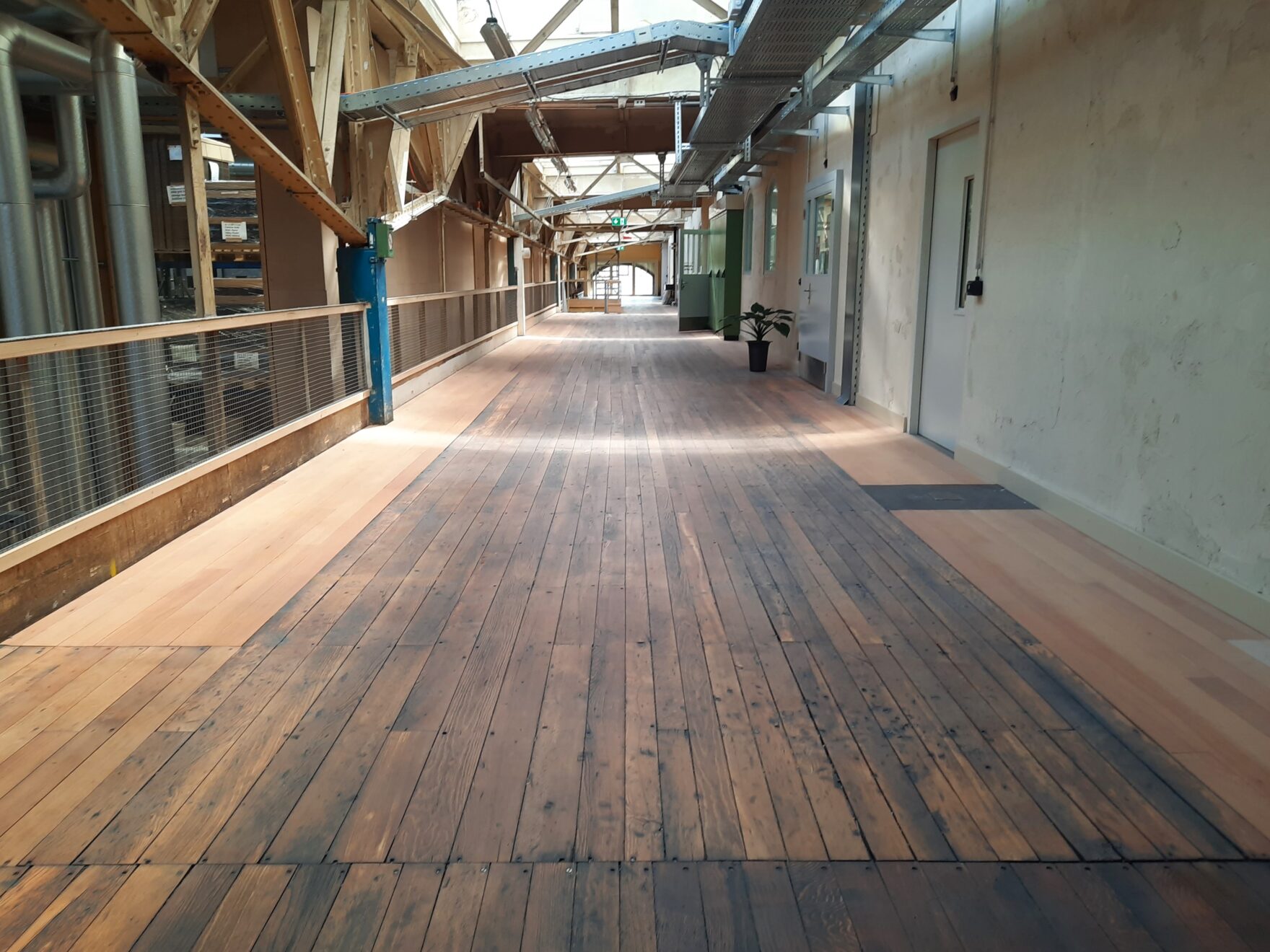
In Zurich, Switzerland, a massive redevelopment project is underway at the former workshops of the Swiss Federal Railways (SBB). The once-industrial site has been transformed into Werkstadt Zürich—literally “Workshop Town Zurich.” It is now a public commercial district designed around the concept of sustainability, blending historic brick architecture with new eco-friendly buildings.
The 42,000-square-meter site sits just 20 minutes by bus from Zurich’s main station. The masterplan, created jointly by SBB, the City of Zurich, and the Cantonal Department for Heritage Preservation, follows a 20-year timeline for completion by 2035. The project aims to create a place where citizens can experience “harmony between people and the environment” in daily life.
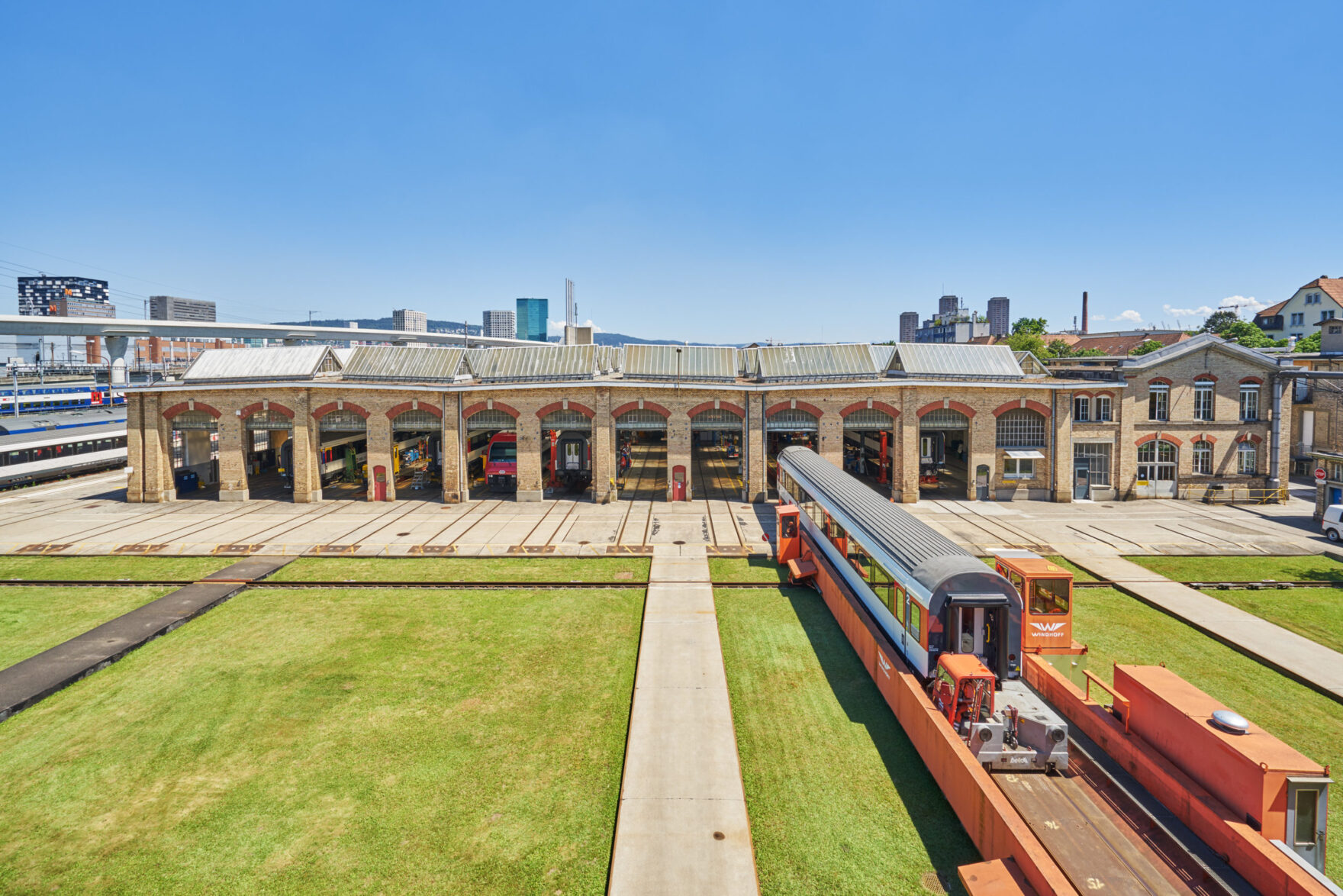
Energy efficiency is central. Multiple wells supply groundwater that is heated or cooled at a central energy plant using renewable energy before being distributed to buildings. Heat or cold not used in one building is shared with others via an integrated energy network. Solar panels generate electricity for tenants, with the goal of covering nearly 100% of demand once the district is fully occupied—avoiding over 2,100 tons of CO₂ emissions per year.
Circular Building: Materials with a Second Life
The project also embodies the principle of a circular economy, reusing and recycling construction materials to minimize resource use and emissions. Old railway tracks have been repurposed as columns, aluminum from station platforms has been turned into protective cladding, and even hospital stair railings have found new life in the buildings.
Today, about 40 companies—selected through a sustainability review—have already moved in. They range from fashion to IT, food, and design, but share a common commitment to long-lasting products, local production, and environmentally conscious methods:
- QWSTION (Fashion): Creates bags from Bananatex®, a 100% biodegradable fabric developed in-house from organically grown banana plants in the Philippines. Since April, they have also launched a rental service for secondhand bags in Zurich, encouraging reuse.
- Transa (Outdoor Retailer): Operates a repair center that handled over 21,000 items in 2023, from sleeping bags to zippers and hiking boots, extending product lifespans.
- ZURIGA (Espresso Machines): A minimalist espresso machine brand born from crowdfunding in 2016. Each machine is built by hand from 318 parts, designed to be easily repaired—machines are made to last a lifetime.
- laflor (Chocolate): Sources organic cacao directly from small South American farms. Some beans are shipped to Europe via CO₂-free sailing vessels. The open factory allows visitors to watch chocolate making while tasting.
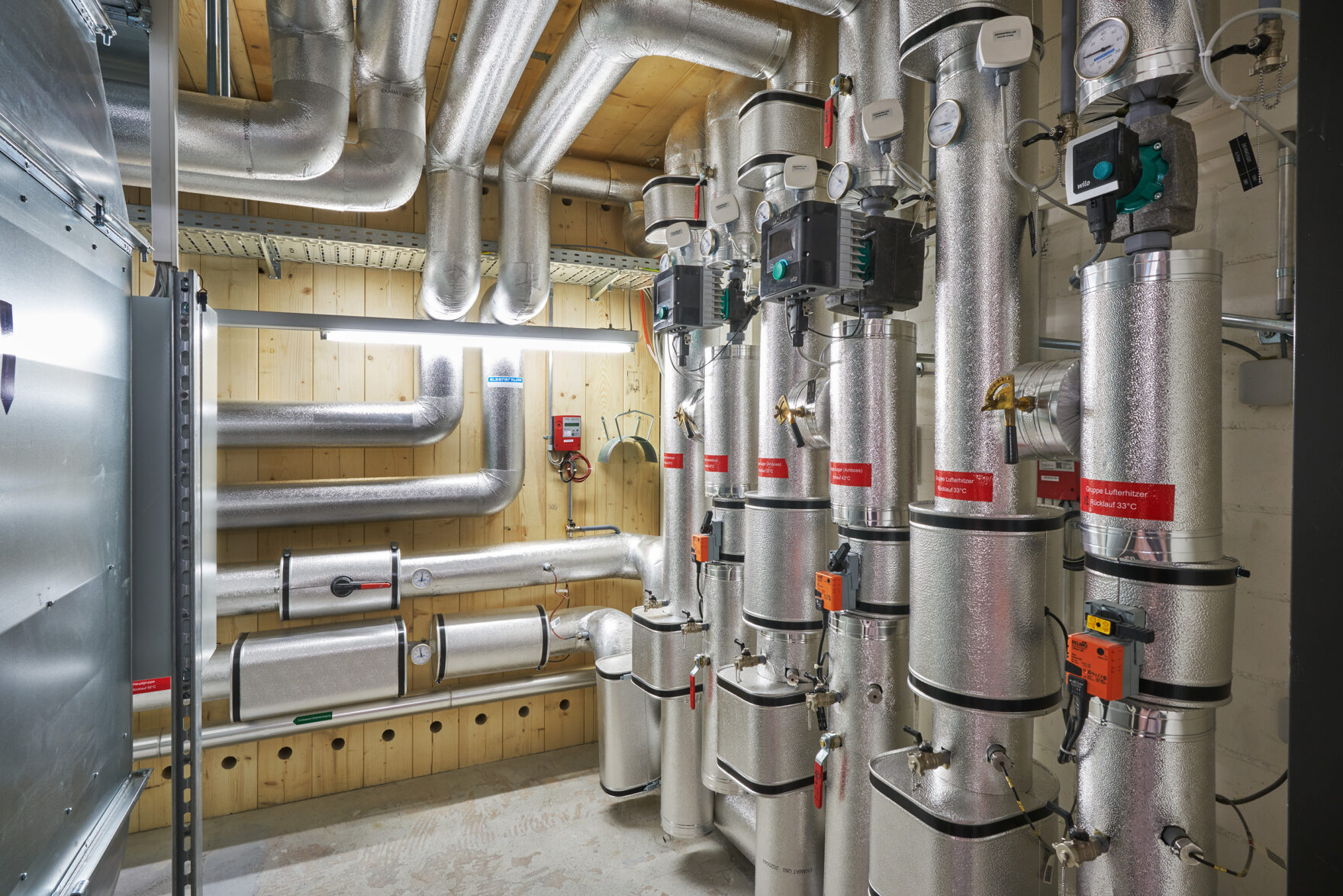
This strict sustainability ethos means Werkstadt Zürich is more than just a shopping district—it is a laboratory of regenerative urban living.
More Than Commerce: Food, Tours, and Community Life
To invite the public in, Werkstadt Zürich regularly organizes free guided tours (90 minutes) to show how items are made on-site. Once a month, several companies open their doors for “Factory Friday” events, letting visitors watch production and purchase goods directly.
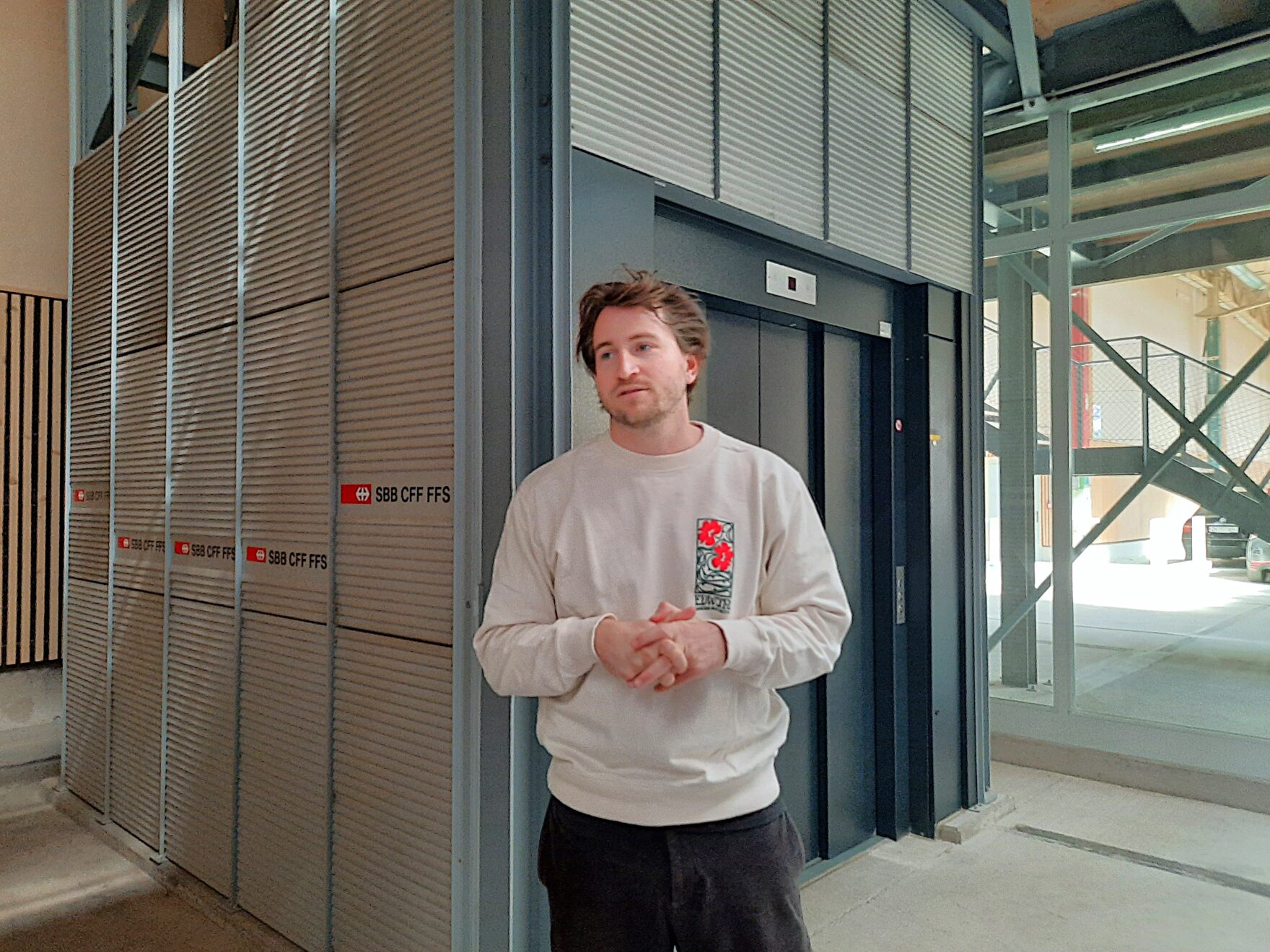
Food and hospitality also play a role. In 2021, the restaurant Nüni opened on the premises, serving Mediterranean cuisine with local ingredients. Its airy design of exposed brick, wood, and high ceilings earned it recognition in the Swiss Location Award as an “extraordinary venue.” The restaurant welcomes all ages and backgrounds, emphasizing inclusivity as well as sustainability.
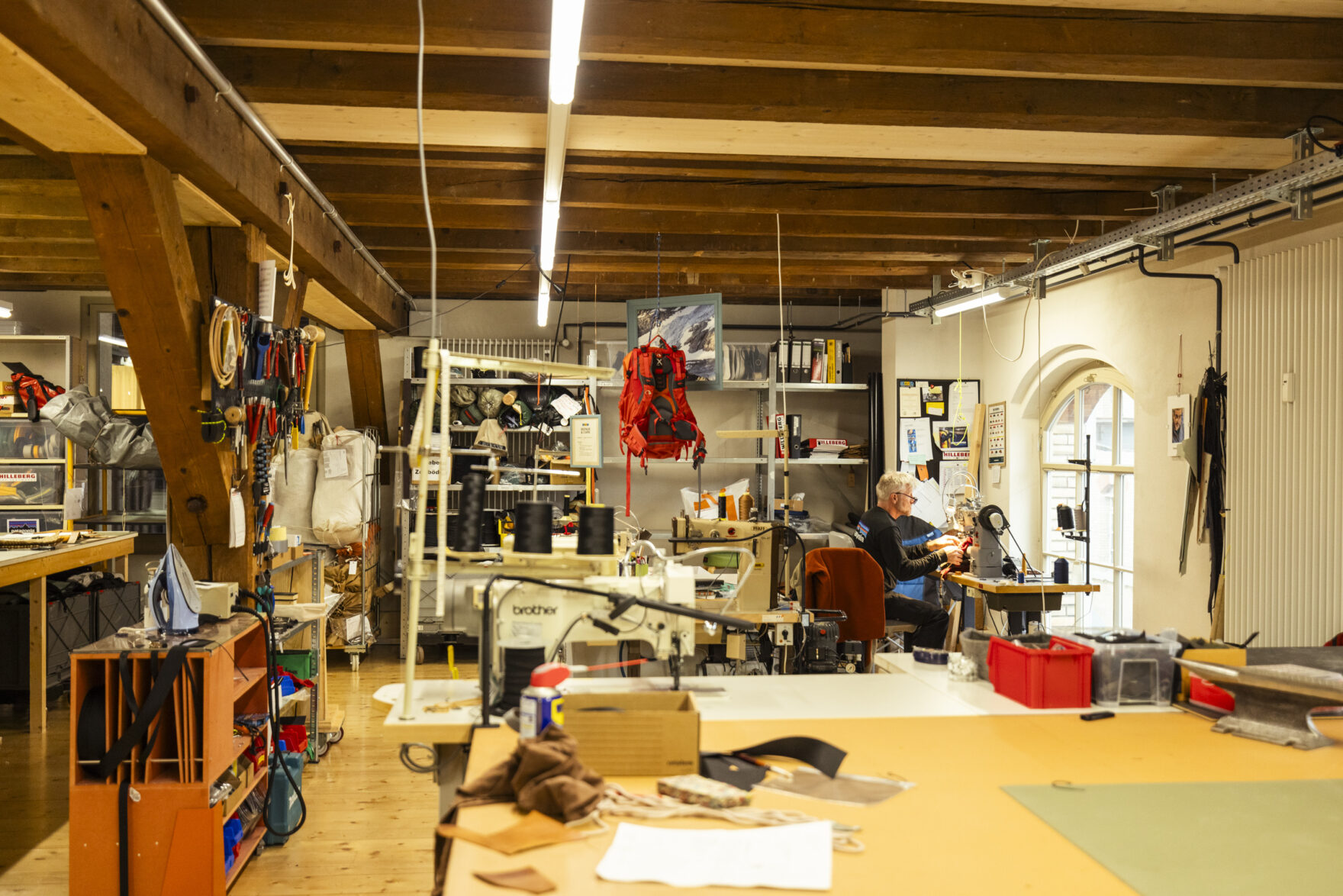
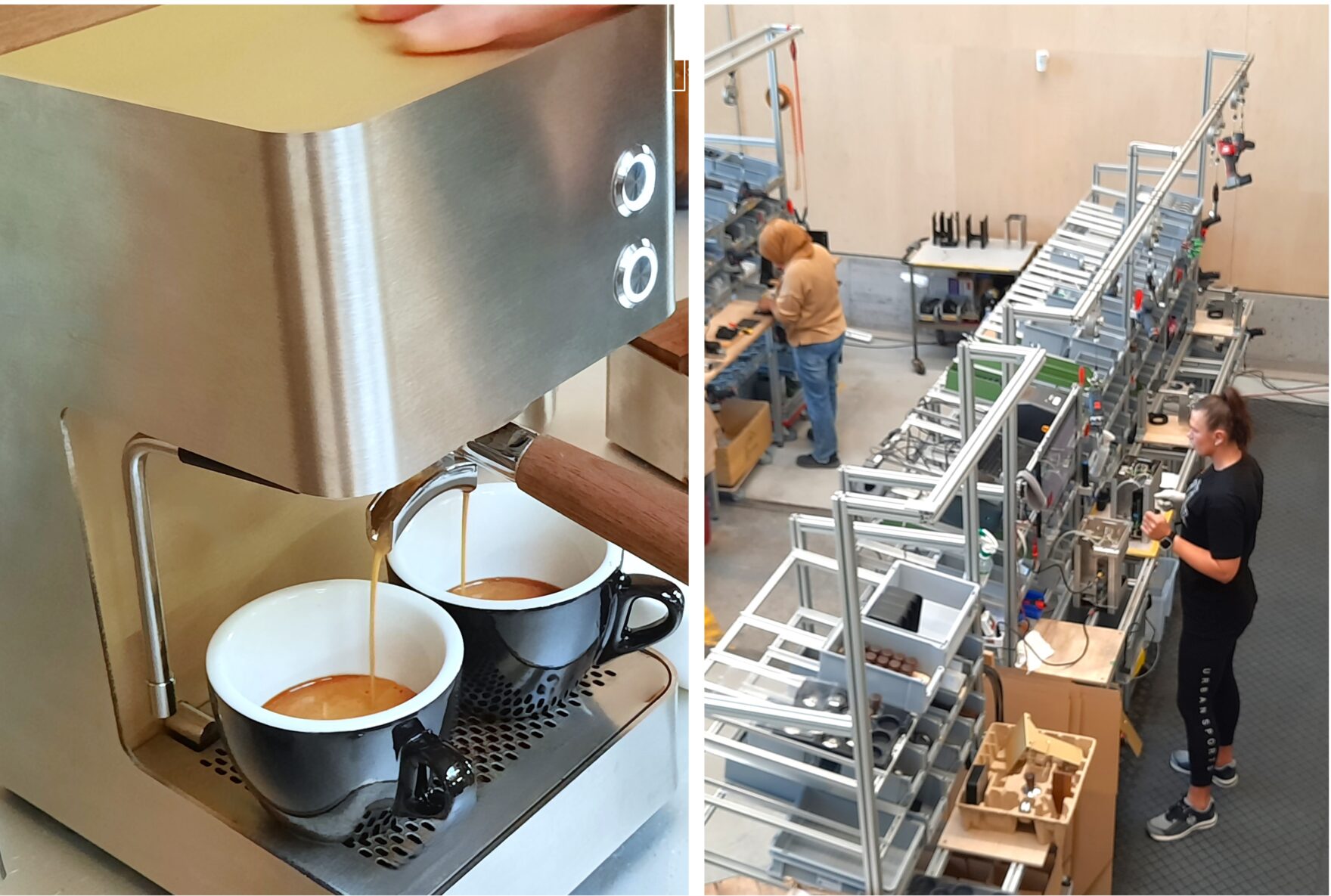
As more tenants move in over the coming decade, Werkstadt Zürich is set to grow into one of Zurich’s most dynamic destinations—showcasing how history, sustainability, and community can merge to shape the cities of the future.
